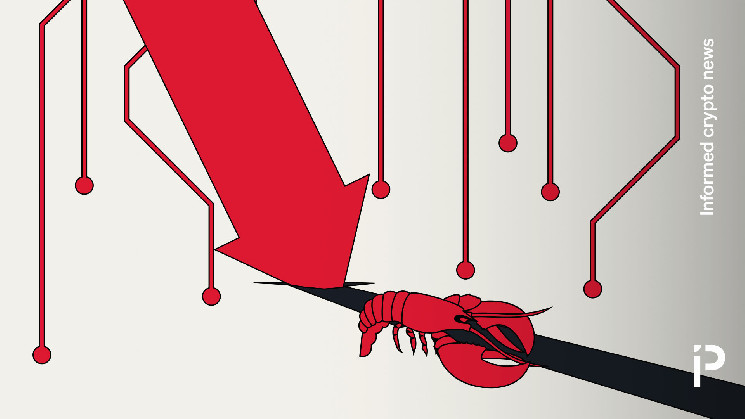The seafood firm that drove restaurant chain Crimson Lobster to chapter with a misguided ‘Limitless Shrimp’ promotion was beforehand praised for utilizing blockchain know-how to advertise sustainable seafood manufacturing.
Bangkok-based Thai Union turned Crimson Lobster’s largest investor in 2020 and subsequently took the choice to make the corporate’s standard ‘$20 Final Limitless Shrimp’ provide a everlasting a part of its menu. The promotion, which had been operating on a limited-time foundation for 20 years, was seen as the perfect option to shift the large quantities of shrimp that Thai Union was catching.
Nevertheless, a 40% improve in buyer site visitors noticed the chain, which was already struggling on account of elevated labor prices, falling gross sales, and the consequences of the Covid-19 pandemic, gifting away mountains of free shrimp it might unwell afford.
As reported by CNN, below the stewardship of a CEO appointed by Thai Union, Crimson Lobster minimize ties with two of its breaded shrimp suppliers, leaving the Bangkok-based seafood big with an unique deal.
This reportedly led to larger prices and went in opposition to Crimson Lobster’s earlier method of selecting its suppliers based mostly on projected demand.
The free shrimp fiasco has reportedly value Crimson Lobster someplace within the area of $11 million.

Learn extra: How Humanity Protocol CEO drove his earlier agency to insolvency
Thai Union used blockchain to trace shrimp
Again in 2020, Thai Union introduced that it might be placing shrimp on the blockchain. The corporate, alongside knowledge analytics firm Sea Warden and provide chain traceability agency Wholechain, started piloting using satellite tv for pc imaging for shrimp farming operations.
The concept was that satellite tv for pc photos collected by Sea Warden would generate knowledge that Wholechain might retailer on the blockchain and permit shrimp farmed by Thai Union to primarily be tracked ‘from farm to fork.’
This, in flip, would supply precious insights into the sustainability, well being, and environmental impacts of Thai Union’s actions and finally inform its buying and enterprise selections.

